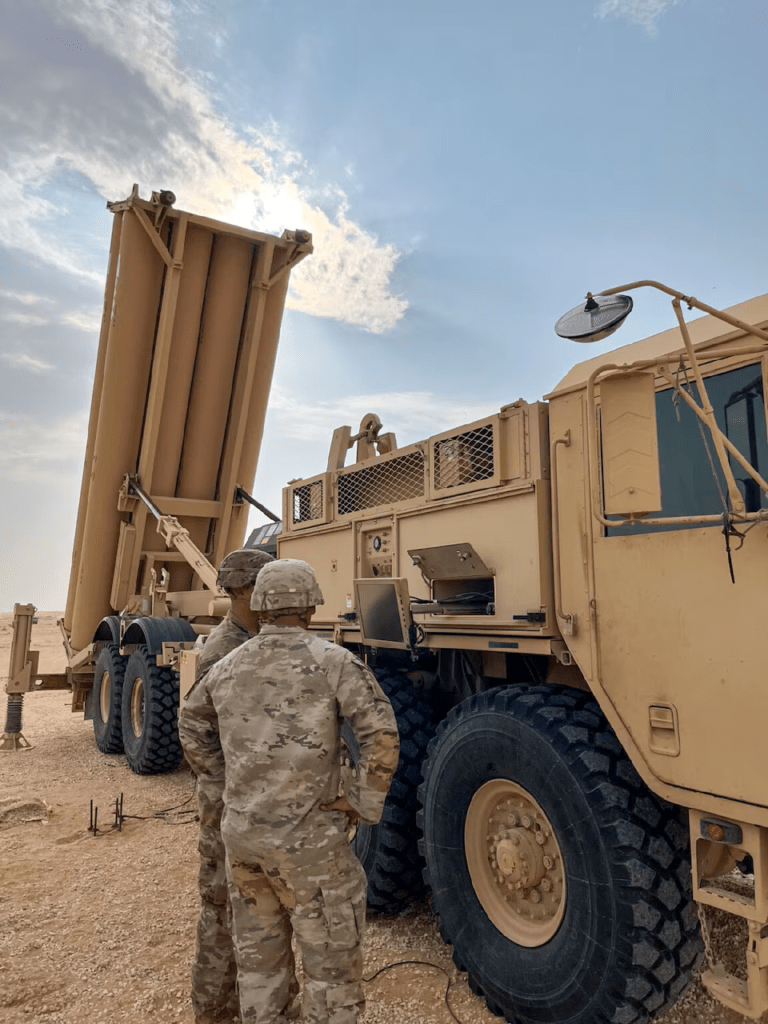Defense Secretary Lloyd J. Austin III has approved the deployment of a battery of Terminal High Altitude Area Defense (THAAD) missiles and associated U.S. military crews to Israel, the Pentagon announced today.
THAAD will be used to bolster Israel's missile defence capabilities in the wake of Iran's targeted attacks on the country on 13 April and 1 October this year, a Pentagon deputy press secretary told the media Sabrina Singh.
An advance team of military personnel and some initial components needed to operate the anti-missile battery arrived in Israel yesterday, with additional personnel and components expected to arrive in the coming days to ensure THAAD is fully operational in the near future, Singh said.
"This decision was made as part of broader adjustments the U.S. military has made in recent months to support the defense of Israel and protect Americans from attacks by Iran and Iranian militias," Singh said.
Asked by the media why THAAD was suddenly needed in the region now, Singh pointed out that the Iranian attack on Israel earlier this month was nearly twice the size of the April 13 attack and that the earlier attack involved mostly drones and cruise missiles fired at Israel, not ballistic missiles.
"On April 13, we had more of our fighters in the air shooting down drones and missiles, (but) our fighters will not engage these types of ballistic missiles." Singh said, adding that it was U.S. Navy destroyers that hit Iranian ballistic missiles during the April attack, and that THAAD is designed to do the same, only from land.
"Should Iran decide to attack again... with more ballistic missiles..., THAAD will supplement Israel's air defenses," Singh said. "Can help these (ballistic missiles) to shoot down and protect innocent civilians there; and that includes Americans who are in Israel," She added.
As Singh noted, Secretary Austin's decision to deploy a THAAD battery in Israel is consistent with a number of steps the Defense Department has taken recently to strengthen the defenses of U.S. forces throughout the Middle East.
In late September, Austin ordered the USS Abraham Lincoln carrier strike group to remain in the U.S. Central Command area of operations beyond its regular rotation date, and the Pentagon also announced that the U.S. forces rotating to the Middle East would supplement rather than replace those already there.

"We have made some of these force deployment adjustments in the past (a) we are always ready and always able to adapt as needed," Singh said, referring to the THAAD deployment. "(So) this was the decision that the minister decided to make."
Although there is no specific timetable for how long THAAD will be in Israel, Singh described the system as "temporary provision" air defence capabilities to help protect Israel.
Pentagon/ gnews - RoZ



